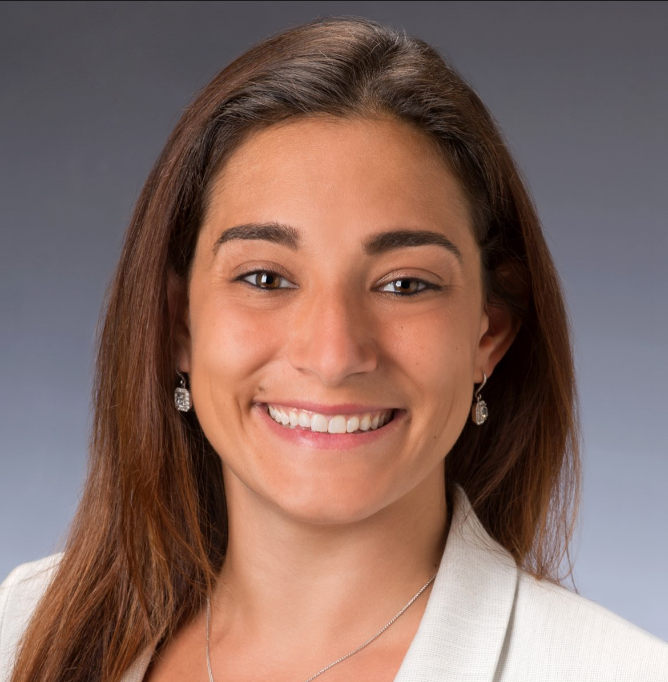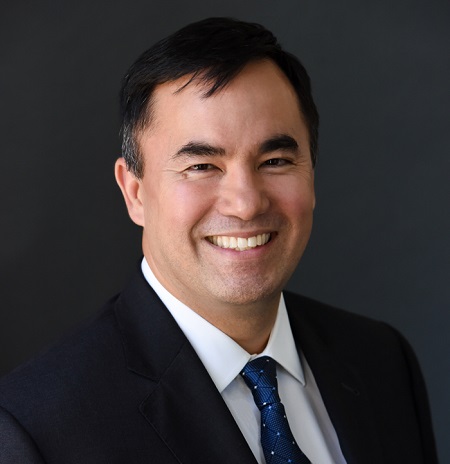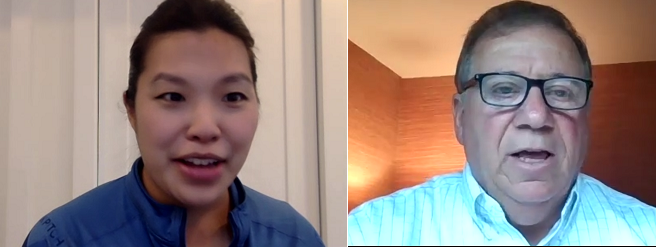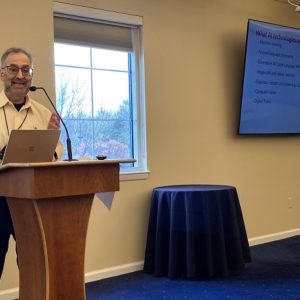How Two New Jersey Companies, Noteworth and CentraState Healthcare System, Worked Together During the Pandemic
During the early stages of the pandemic, Noteworth, a Hoboken-based startup, worked with CentraState Healthcare System (Freehold) to offer telemedicine to their patients. The company was able to get CentraState on board in a matter of days, and handle what was to become a steady caseload almost right away.
CentraState had been a longtime supporter of Noteworth, and even helped shape the platform when Noteworth founder and CEO Justin Williams and cofounder Bryan Bonnet were “kicking around the idea of the company back in 2015,” Williams said. “They were among a handful of first customers I workshopped this with to see if it was a tool they would be interested in.”
Williams doesn’t remember specifically how he became aware of CentraState, but he believes it may have been when he was on a panel with their executives. He and his cofounder started the business out of Stevens Institute of Technology, and he believes that he first connected with the folks from CentraState through an NJIT program in 2016.
As Noteworth was ready to work with organizations like CentraState, Williams reached out to John Ulett, who was CentraState’s CIO, and to Brian Dusheck, director of ambulatory applications at CentraState. They were eager to see how the Noteworth platform had progressed. That was about two years ago, he noted, adding, “Such is the pace of healthcare” sales. However, “We put the idea in their head,” and that started a continuous dialog, and “through persistence we were able to get in front of some of their leaders.” Noteworth started implementing its platform at a health center that CentraState had just built, and was positioned to help CentraState quickly as the pandemic hit.
During the pandemic, Noteworth’s New Jersey location “right up the road” became especially important to CentraState, as it could be “really responsive to the company’s needs.” Williams said that when COVID hit, they were able to get CentraState up and running with telemedicine and some other COVID-related activities within 72 hours. “It was a little stressful,” he added. Fortunately, “We [had] already started building the pilot with the health-awareness team and plugged them in, a couple of weeks earlier,” Williams noted.
“We felt a huge sense of responsibility with regards to the health system during COVID, to make sure that we figured everything out and it worked properly.”
The Rollout
NJTechWeekly.com also spoke with Jaclyn Guliano, M.D., who is a family medicine physician with Family Practice of CentraState. She also is the physician informaticist there, working to improve outcomes using technology. “There are so many benefits to digital health, but it has to be delivered in a way that doesn’t intimidate patients or interrupt the care team’s workflows,” she said.
“When the pandemic struck, we needed a way to get telemedicine, and we needed a way to get telemedicine fast,” she said. “We had to worry about patient safety and staff safety and a lot of other variables. There were a lot of unknowns, and we needed to get on a telemedicine platform as quickly as possible.”
The platform had to be HIPAA compliant, effective and easy for patients to use. Guliano had been working with Noteworth’s platforms for its diabetes-prevention and hypertension-management programs, so when she found out that they also had a telemedicine platform available, the practice decided to try it.
Noteworth rolled it out, and the group was up and running quickly, she said. Guliano added that the members of the practice were impressed with how they could use the software to communicate with patients in a “nice, easy way and a user-friendly way.”
New Jersey Sensibilities
She said that she was relieved to work with a company that understood New Jersey sensibilities. “Here in the Northeast, we are very quick and we like instant gratification.” A company like Noteworth knows how we work in New Jersey, and responded to that need. Also, it was great to be in the same time zone as the company providing the service, she said. It wasn’t the deciding factor, but it was an added bonus to be able to work with someone who understood how hard COVID had hit the area.
There were a couple of hiccups along the way, which Noteworth responded to and fixed immediately. Most involved issues with people having problems connecting. “We were all using the Noteworth platform on the hospital side as a COVID symptom tracker. So, you had patients who may have been hospital employees, but were also private patients of our group. There was a bit of a disconnect as to what account they should use. Noteworth responded very quickly and addressed all our problems, and came up with fixes for them. We had a very responsible team on both sides of the implementation.”
Telemedicine Here to Stay
Telemedicine is here to stay, she noted. At first, during the lockdown, the practice used telemedicine for everything, but they were later able to make the offices more secure, so patients could come back. “We have transitioned back into more office visits.” However, “now we use telemedicine for all types of visits, such as anxiety follow-ups, medication refill follow-ups. Some patients have their own devices. For example, if they have a blood pressure cuff at home and you’re doing a blood pressure follow-up with them, you can watch them put the cuff on and take their pressure on camera with you, making sure they’re doing it right, seeing what their number is.”
Telemedicine continues to offer advantages to the practice during COVID. The staff has been vaccinated, but some patients are in quarantine; they often need to talk to a physician, they have a lot of questions, but they can’t come into the office. This is particularly true of those patients who may have traveled out of state. While they could have talked to a doctor by phone, seeing the doctor is very reassuring, she said.
Look Local
Williams added that Noteworth had been growing rapidly before COVID struck, and is now growing even more rapidly. The startup accumulated more than $7 million in funding with its last funding round of $5 million, in July of 2020, led by Laconia Capital Group (New York). See the story here.
We asked Williams for his opinion on how large New Jersey companies can work with startups like Noteworth. He said that smaller companies shouldn’t be afraid of approaching more established companies, even though it may be a bit risky for the latter.
“I think it’s also super important for those [larger] organizations to look local. By being plugged into the community, it can bring them more opportunity to innovate, especially in a market like New Jersey, where you’re in between New York and Philadelphia.”





